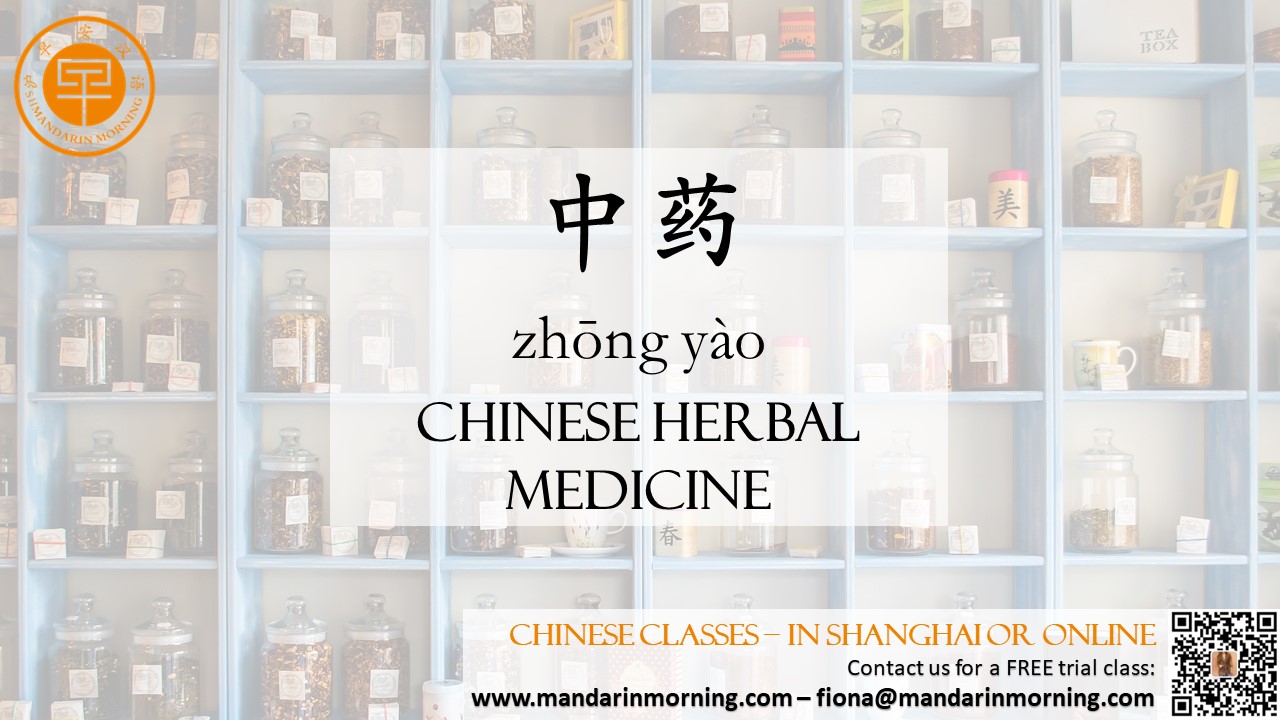| Traditional Chinese Medicine (中医 zhōngyī), also called “TCM,” is an ancient system of traditional medicine developed in China over thousands of years. Although seeking TCM treatment is still somewhat uncommon in the West, it’s hard to spend much time in China without realizing that TCM still enjoys a booming popularity there. Walk down any street and you’re likely to bump into several pharmacies selling traditional Chinese herbal medicines. You’re also likely to hear Chinese people make frequent reference to TCM-related concepts, like the idea that certain foods are “hot” while others are “cold.” Chinese doctors and dentists practicing Western medicine in mainstream hospitals and clinics may even make TCM-inspired recommendations, focusing on the implementation of certain daily living habits in order to encourage well-being.  What is Traditional Chinese Medicine? Traditional Chinese medicine is a catch-all term for a variety of medical treatments and practices that have developed in China over hundreds and sometimes thousands of years. TCM practitioners take a holistic approach to health. Instead of treating specific symptoms of a disease in isolation, they look at the body as a whole and work to identify the underlying causes of the disease. One of the most important concepts in TCM is qi (气 qì). Qi is a vital energy that circulates throughout the body, flowing through pathways called meridians (经络 jīngluò). In healthy people, qi circulates unimpeded, but health problems can result if the flow of qi is blocked or if it is too strong or too weak. Many TCM treatments focus on restoring the normal flow of qi. TCM practitioners believe that all the different organs and systems within the body form an interconnected, organic whole. Each part of this whole can be described as either yin (阴 yīn) or yang (阳 yáng). If the flow of qi is blocked or the blood is stagnant, imbalances in a person’s yin and yang can result. According to Traditional Chinese Medicine, these imbalances can lead to health problems, so many TCM therapies focus on restoring this balance. When making a diagnosis, TCM doctors use various methods including inquiry, inspection, palpation, olfaction (smelling) and auscultation (listening). It’s also common for TCM doctors to take patients’ pulse and examine their tongues before deciding on a course of treatment. |